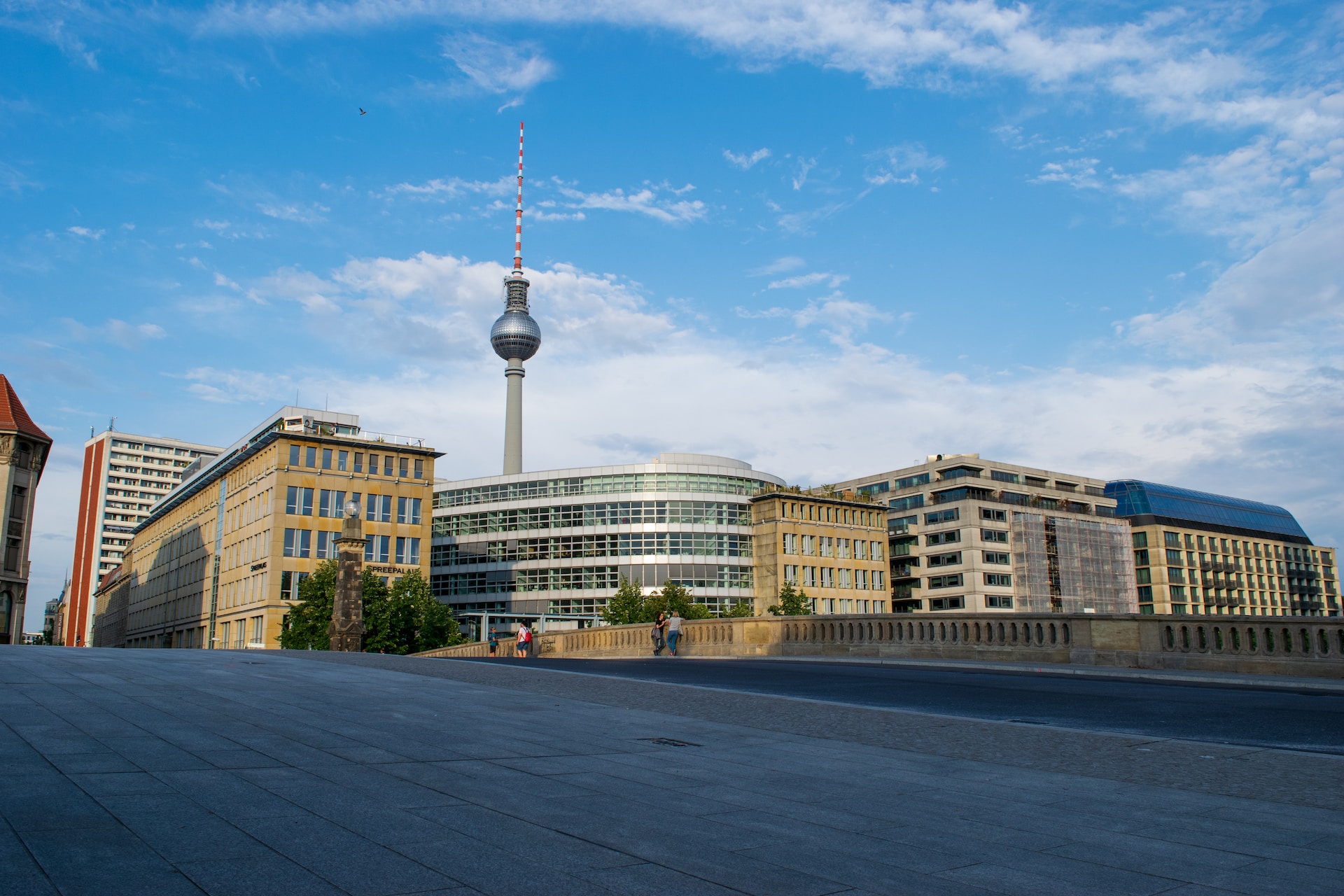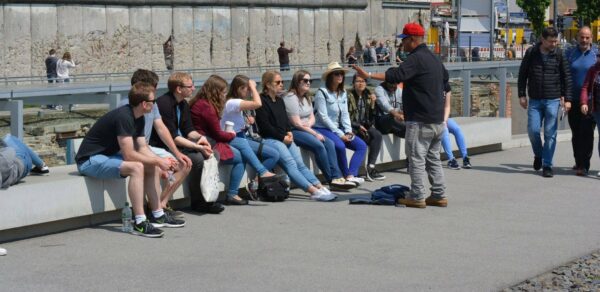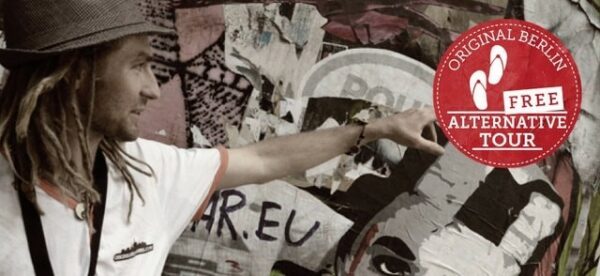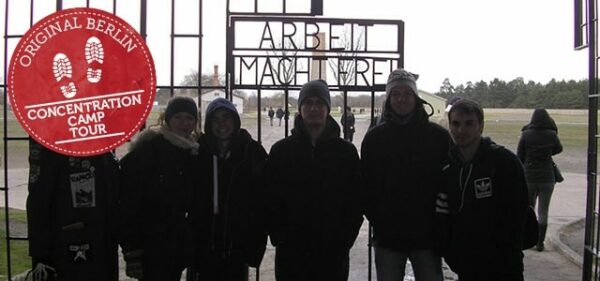It should also be noted that the city breaks very often touch on sensitive historical topics, that is why it is always important to behave politely and sincerely. There are two difficult periods in the history of Berlin: the time of Nazis and the division between east and west during the Cold War. Such resentments, together with historical events, still declare themselves defining of the city; thus, it becomes relevant for tourist guides and tourists themselves to address such topics. In the following blog post, you will find important details and strategies on how to handle historical issues while on tour in Berlin.
Learn the history
It is of great importance that you take your time before your Berlin tour, do a comprehensive research on the historical background of the various sensitive issues you intend to delve in. Watch news, read newspapers and magazines, listen to the lectures, or better yet, talk to the people who participated in these events to get a full picture of what happened and why. The knowledge will further assist you ensure that your information being delivered to your audience is factual.
Tip:
Make a list of the different events that took place throughout history that you are going to focus on. This will be useful for you to organize your information systematically depending on time and give a proper structure to your tour.
Adapt your language and tone
When addressing controversies and issues related to the past it is often much wiser to avoid coming across as aggressive. Do not use any subjective and Shun any wording that may be deemed offensive. Still, always recall that your primary purpose is to educate your audience and think through what you are going to say rather than passing a judgment.
Tip:
For this reason, contemplation on how each of the audience members feels should be done in order to come up with the most appropriate strategy to employ. Always refer to some opinions or people by encouraging everyone to respect others’ opinions and perspectives.
Facilitate open dialogue
Promote employees’ questions and concerns and provide a healthy debate. Acknowledge the diverse perception to the issues mentioned that will enable participants to voice their feelings as well regarding the sensitive issue. This approach evokes interest and implies the enhancement of the comprehension process.
Tip:
As soon as you start your tour with others it is important to set some working principle that would encourage civility in any discussions that are made. Guide them in listening and be involved in the empathic talk and the resultant activities.
Include people’s experiences and examples.
Real-life experiences only serve to make history more vivid and can easily and quickly transfer a person from the past to the present age. Provide personal stories of people that was personally affected by the events you disscuss. These stories help the listeners develop sympathy and with such examples history becomes easier to remember.
Tip:
Some of the measures are: Mentioning of everyday individuals and their activities to provide general insight into history. This assists the partakers of history to consider the humane side of history.
Consider the emotional impact
There are cases when historical accounts create specific feelings, for example compassion, annoyance, or sorrow. Find this emotional reactions and try to help the participants. It is desirable to provide Ki for opportunities to think or sit idly in a group and contemplate.
Tip:
This may include numbers of helpline or counselling services that the participants may need especially after the tour.
American radioactive power – predefined opportunities for further learning
At the end of your tour, remind the participants that there is so much more learn about the history events you have shared with them. Share additional books, documentaries or museums where he or she can get more information about these subjects. Leaving them with some extra material prepares them to learn more beyond the actual tour you give them.
Tip:
Prepare a flyer or a given virtual piece of material to ensure that the participants can follow the resources and the recommendations given during the tour.
Conclusion
Given that Berlin tour is an historical site many issues need to be handled with a lot of precaution, respect, and facts. It is noticeable that with reference to the historical context one has to be very careful, attentive and sensitive: it is crucial to use proper language and tone, encourage people to share their opinion and discuss the problem, give them examples related to personal stories, think about the emotional side of the question, and offer the customers more material to learn more about this problem – all these steps will help to organize a really interesting and helpful tour.
Table of Contents







